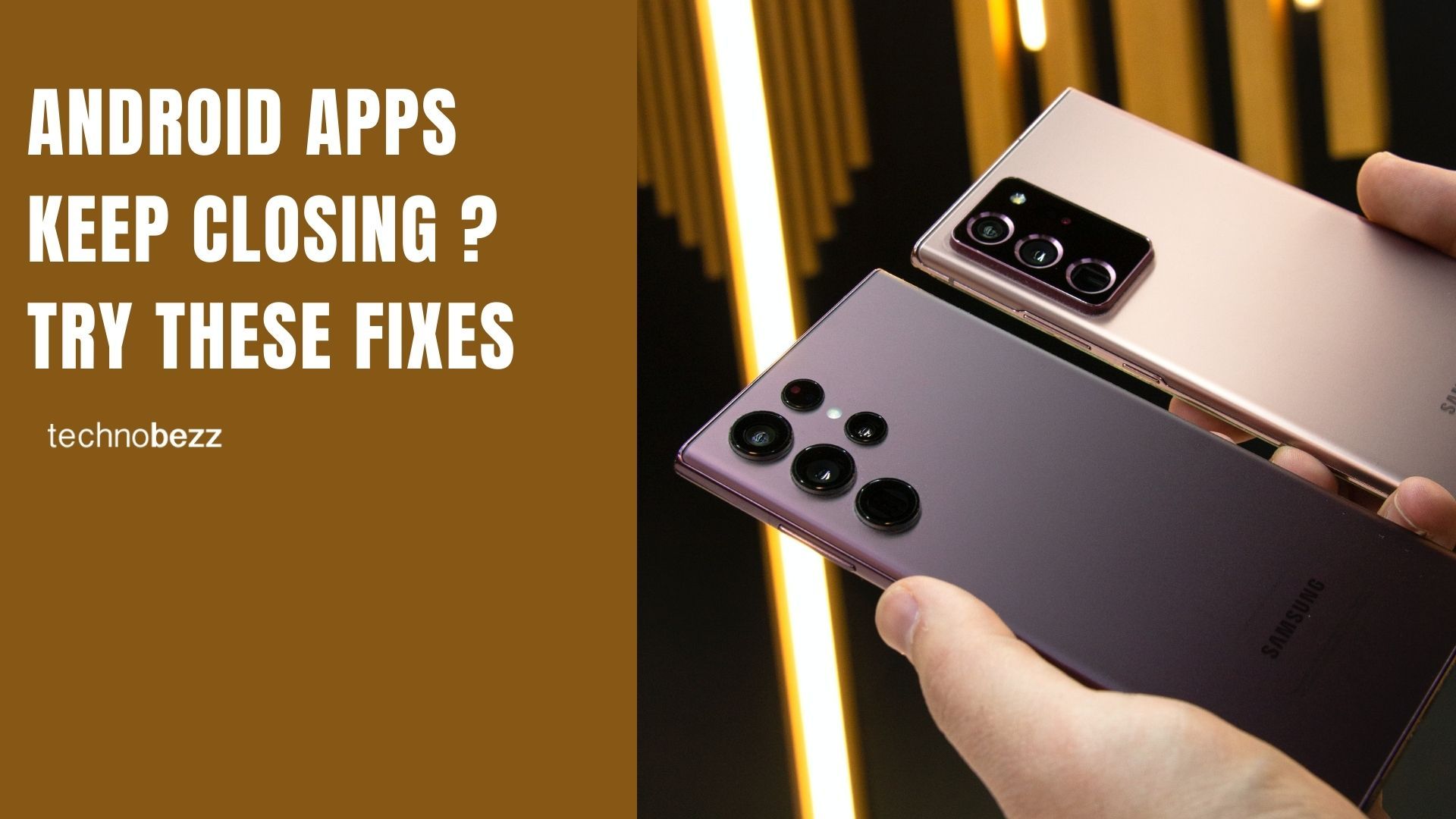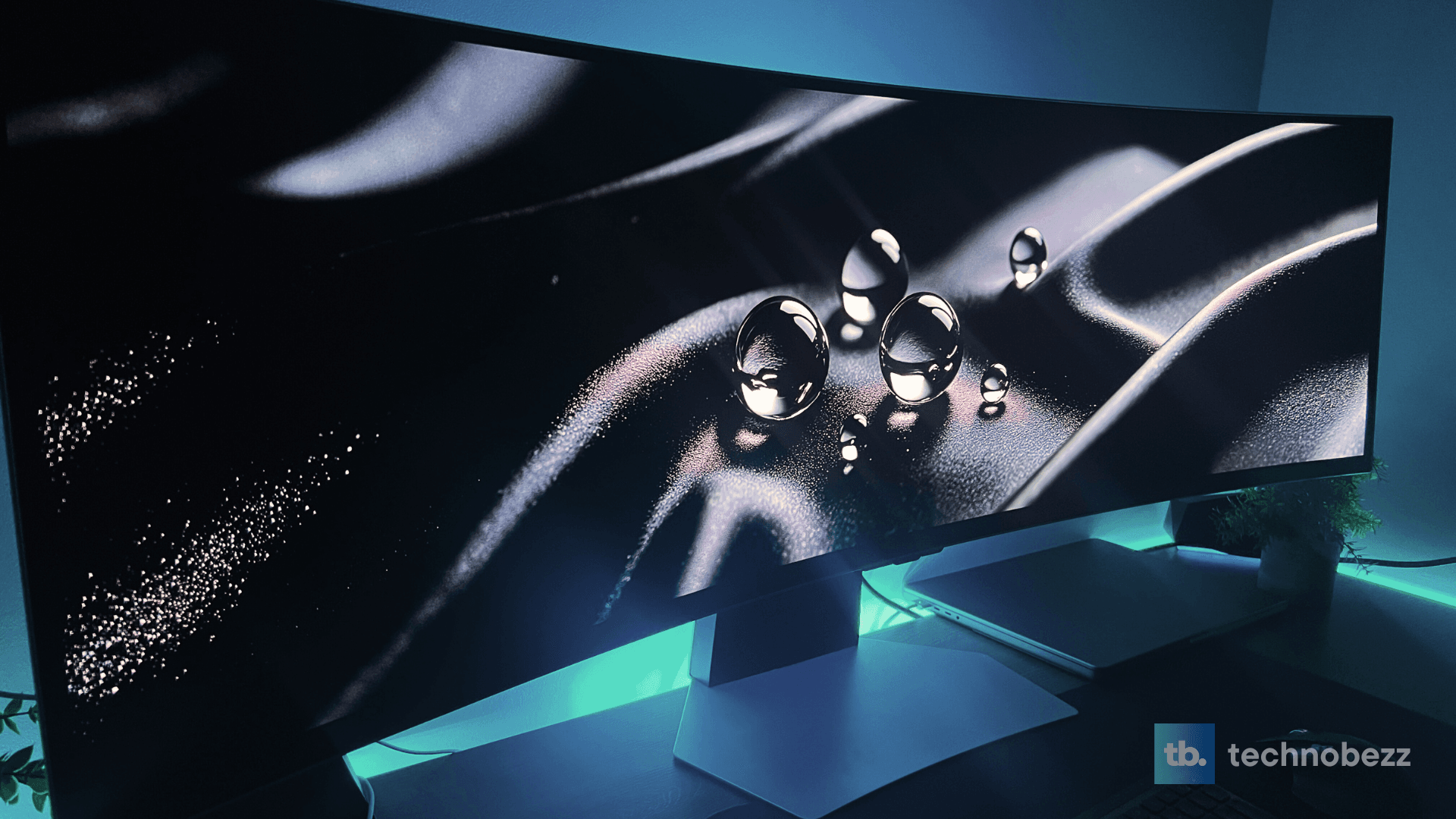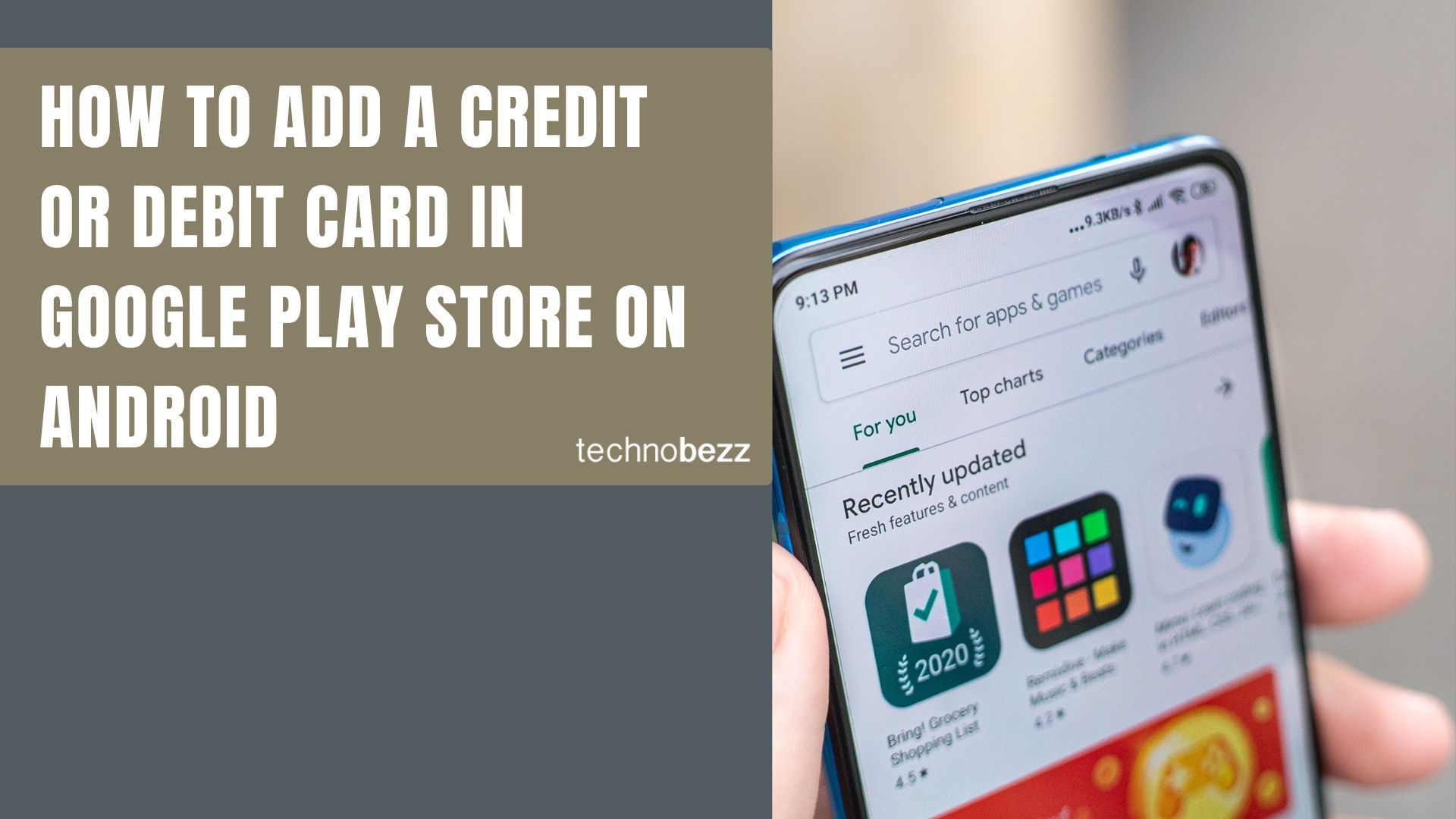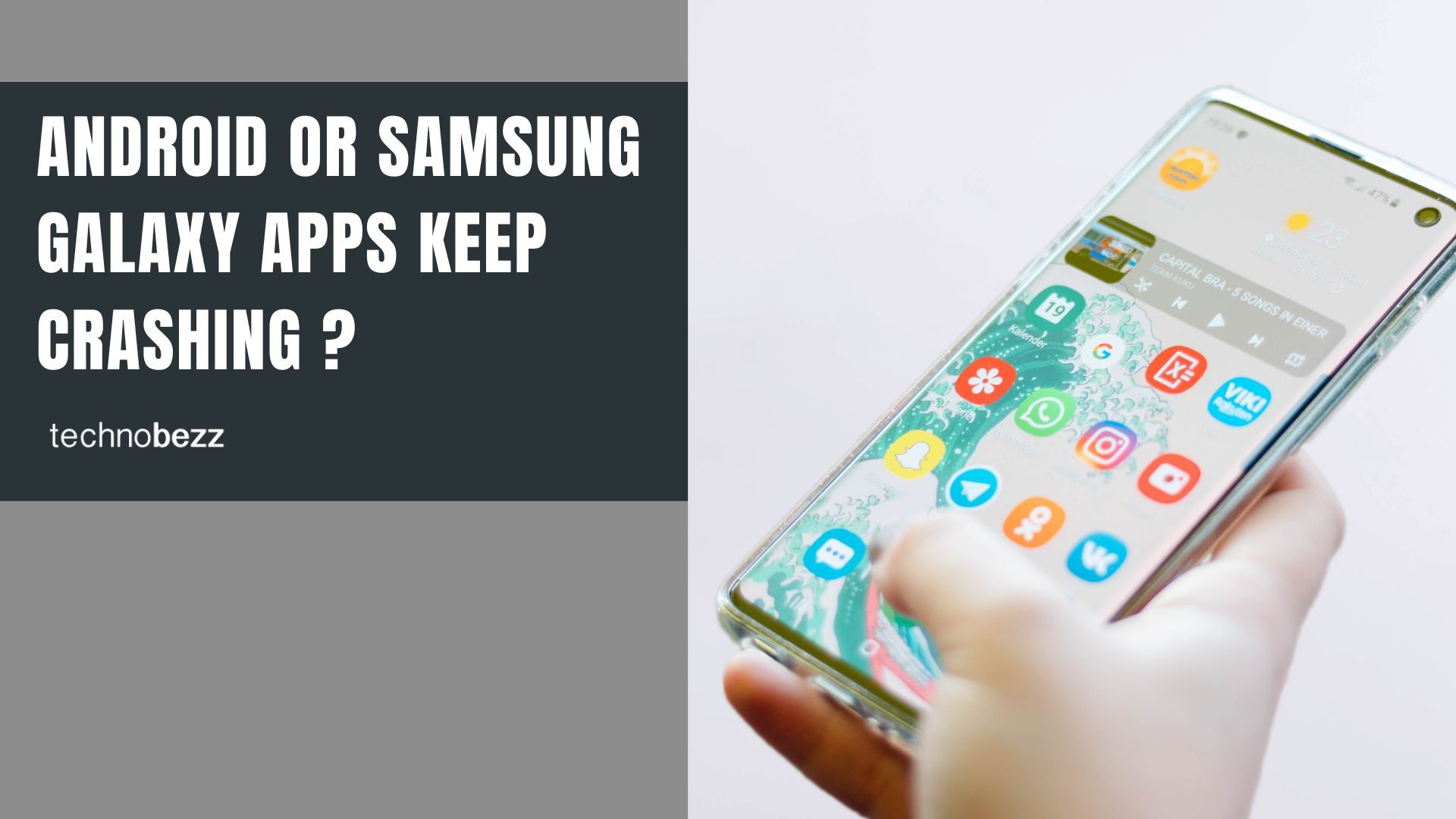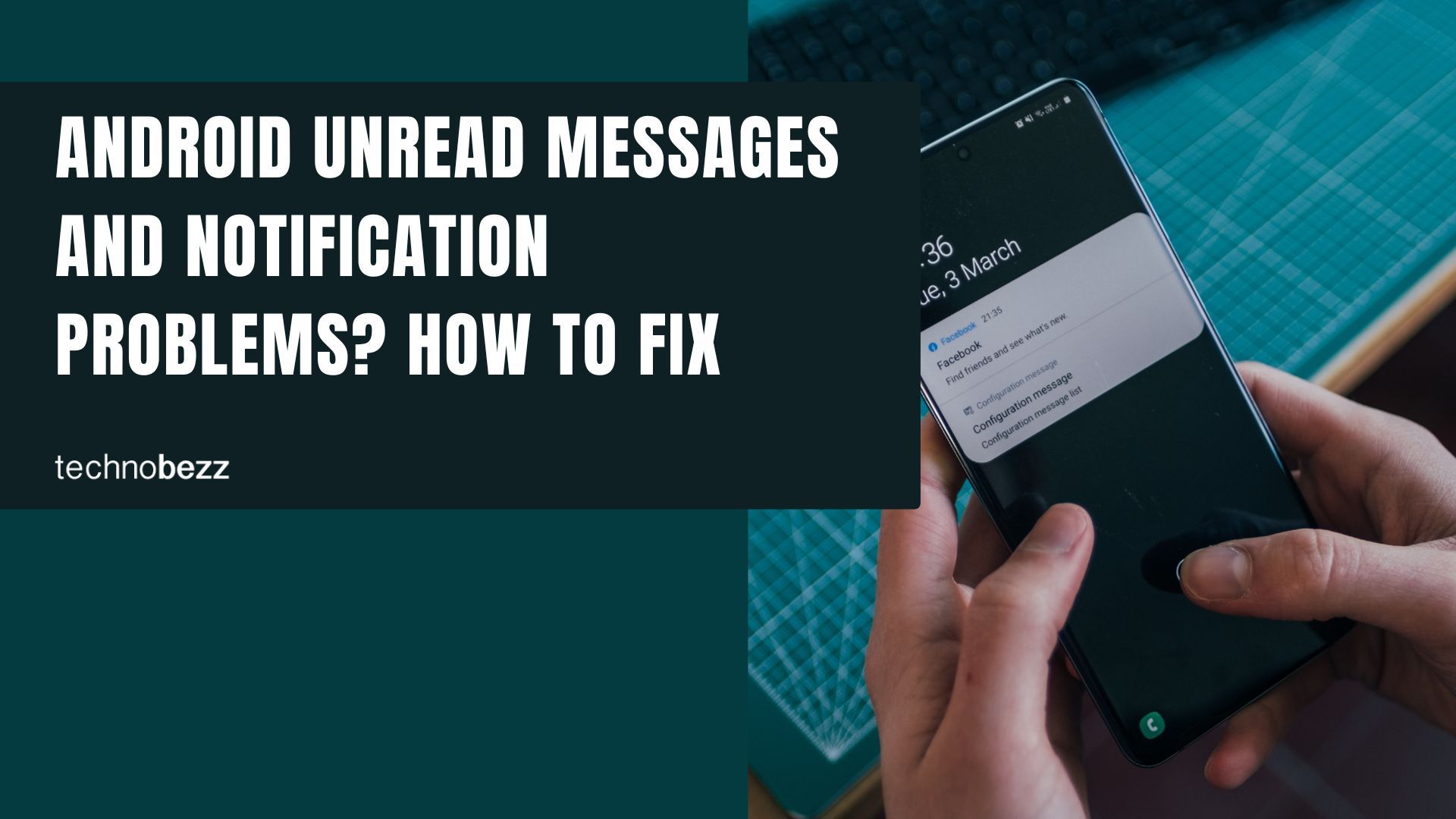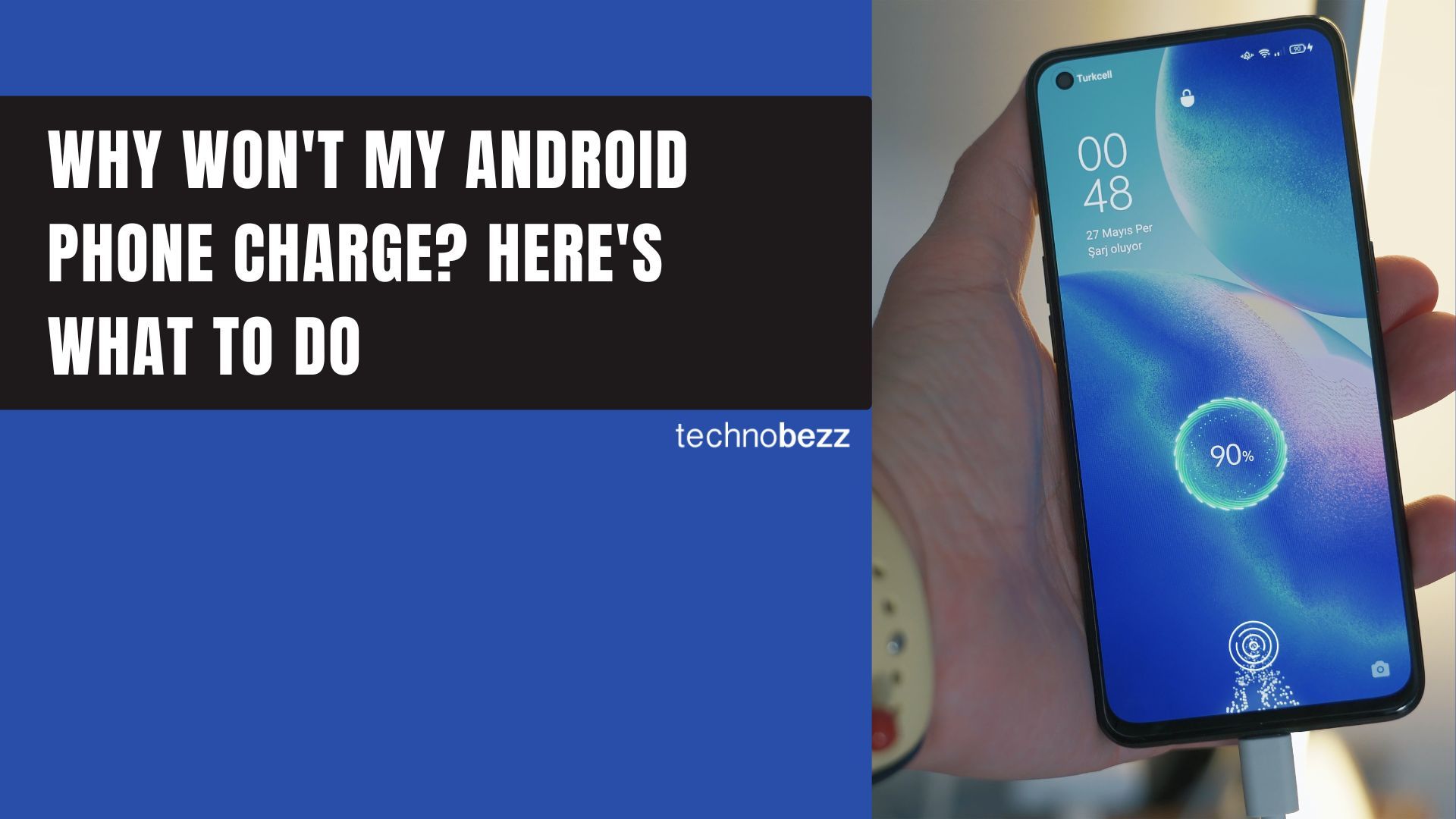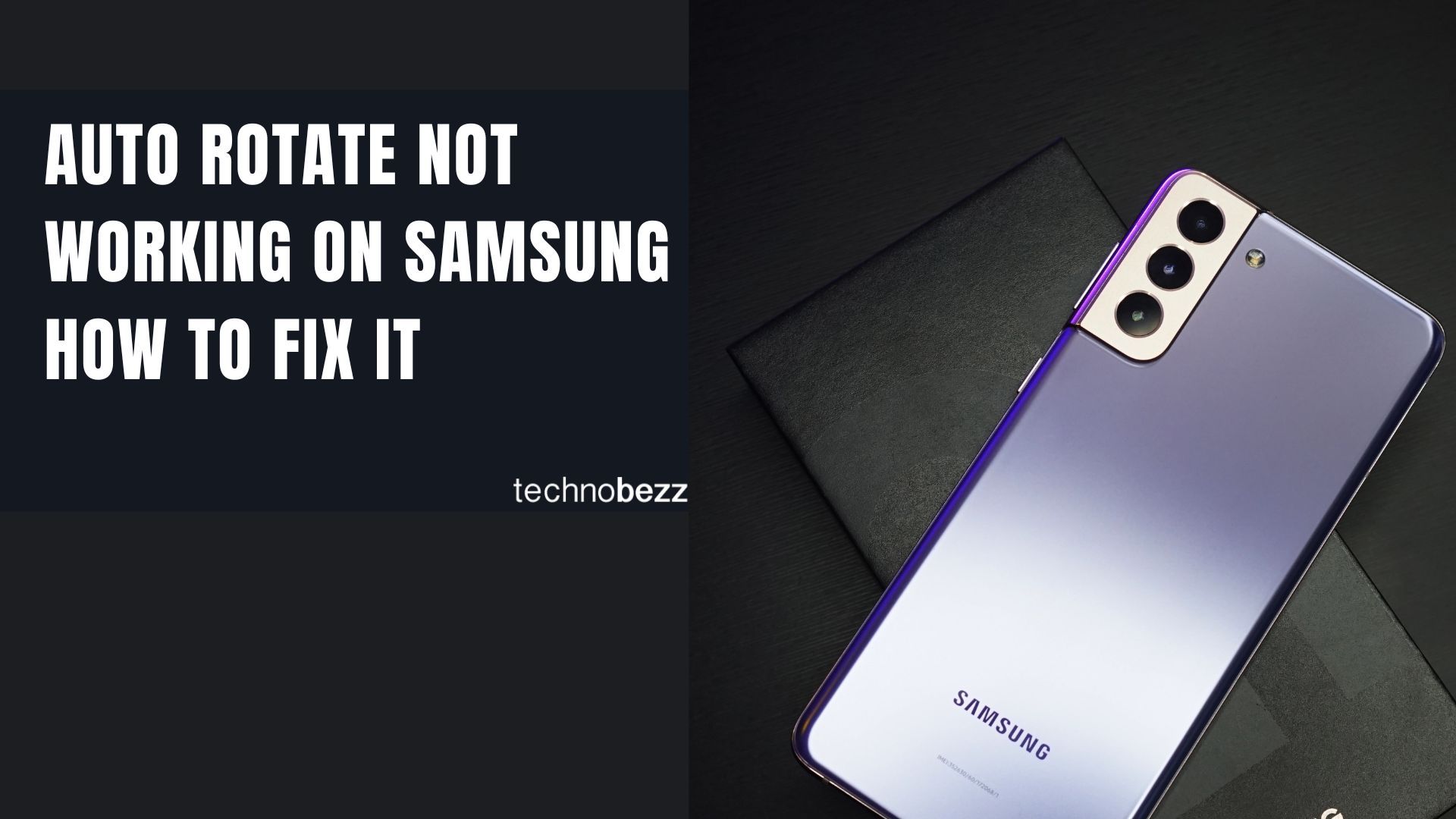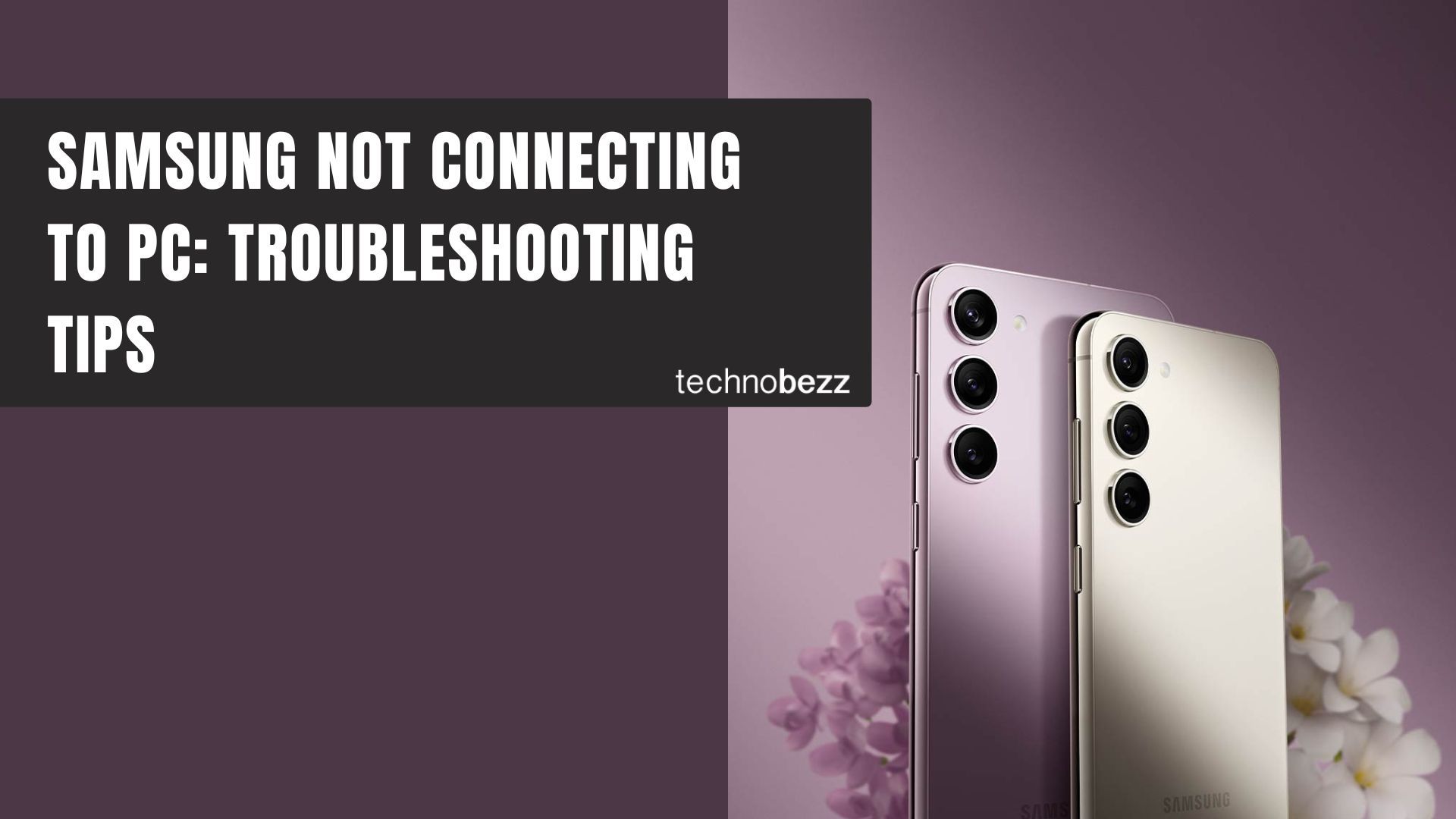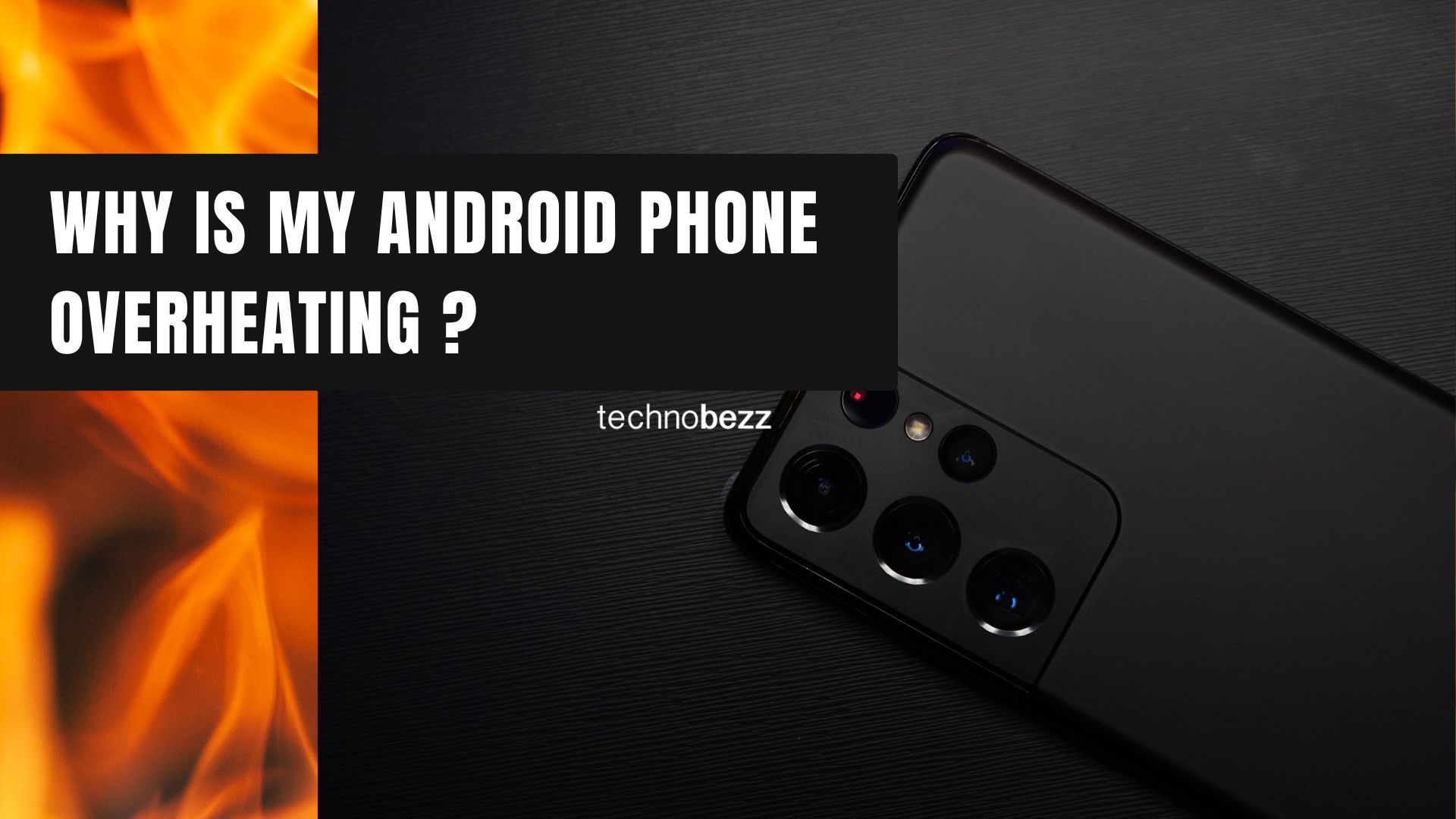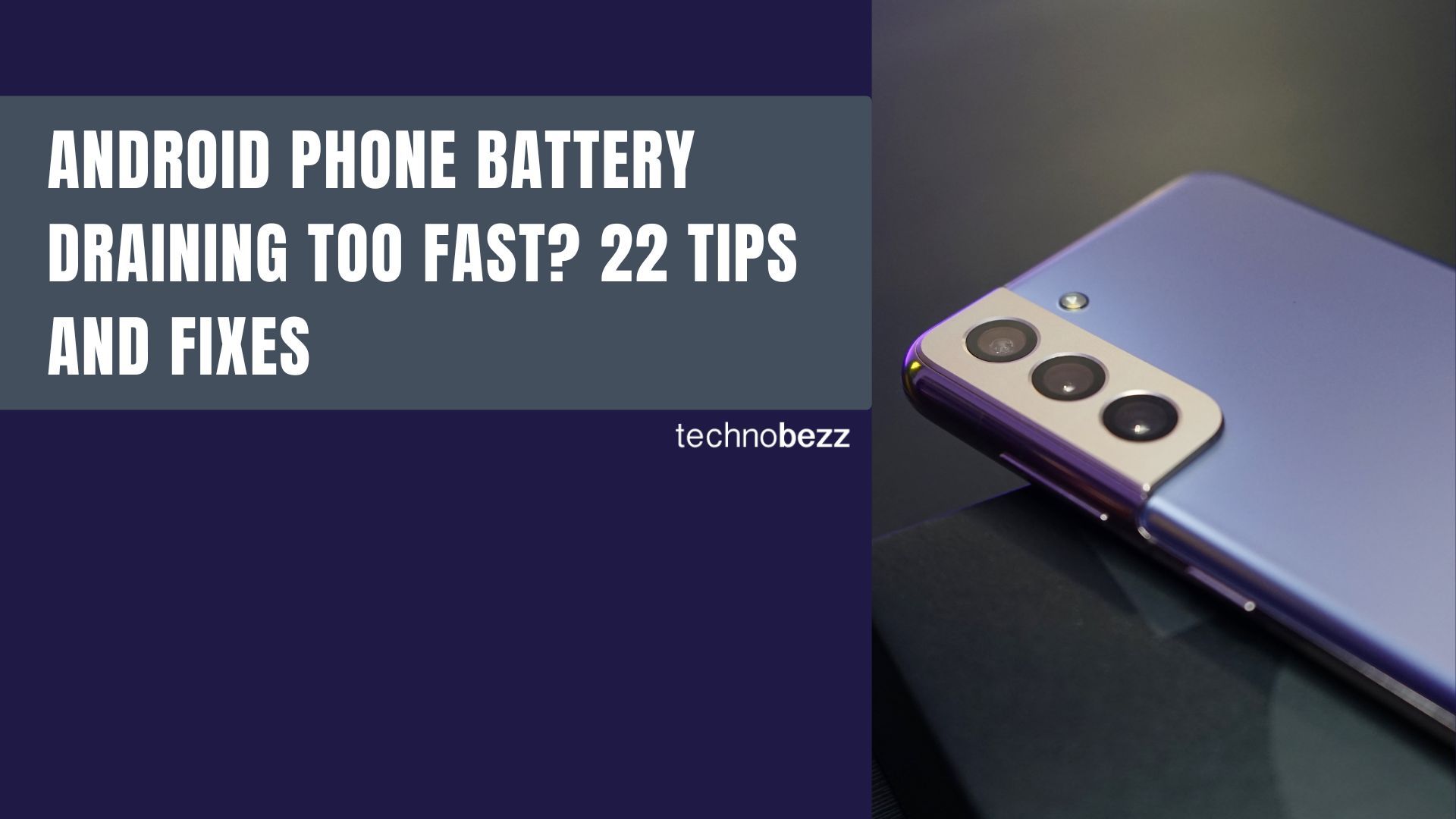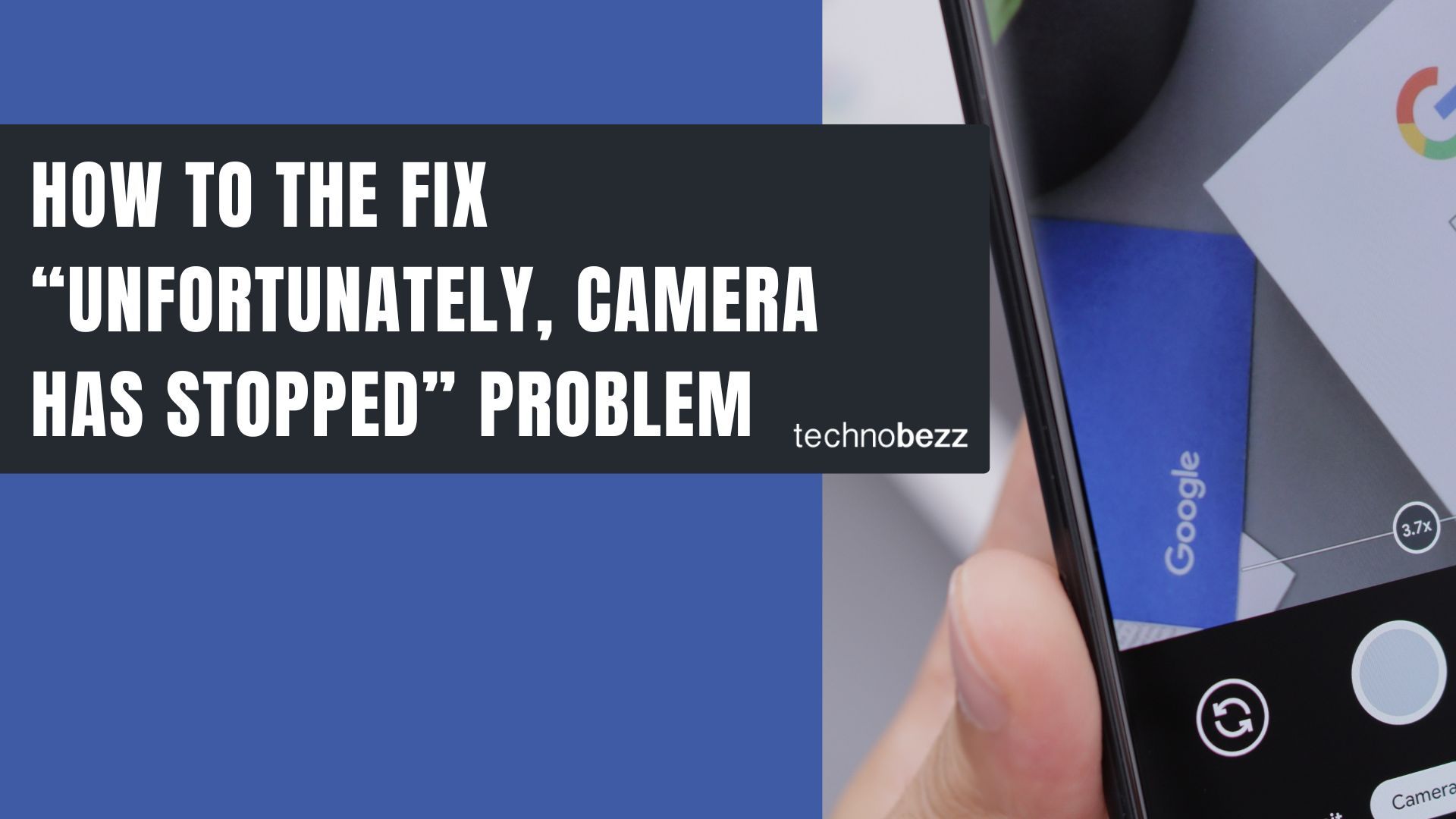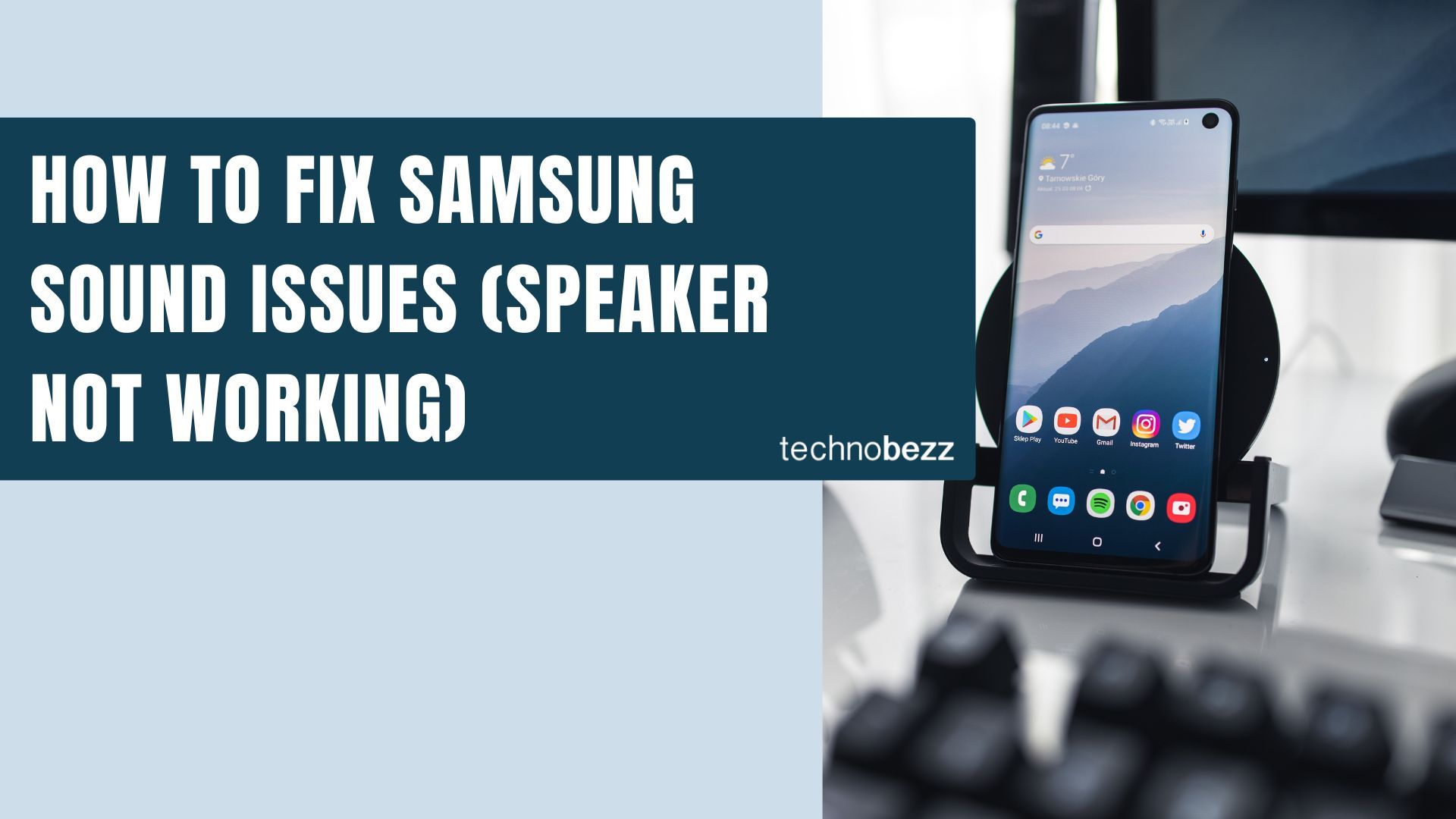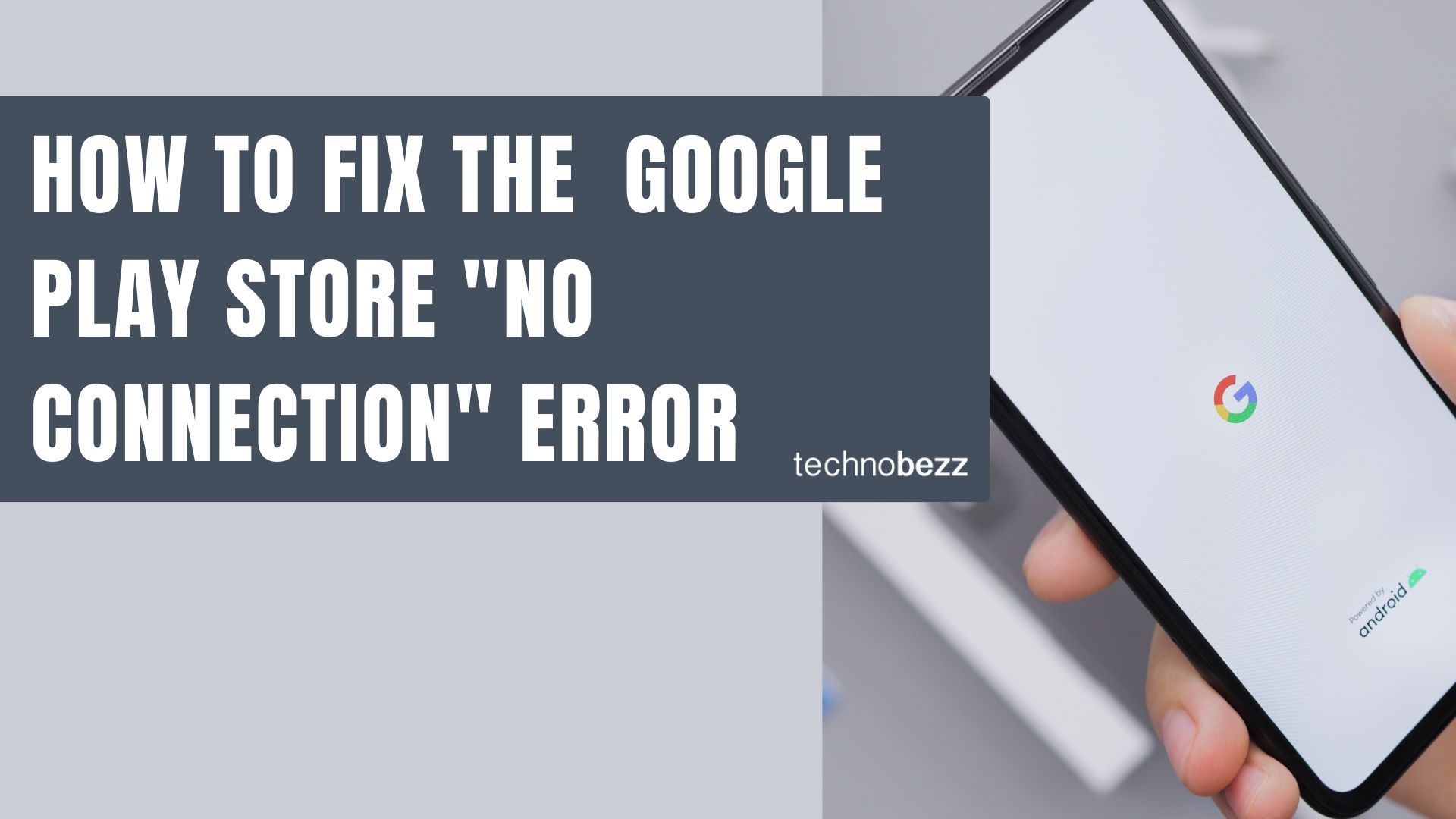Android apps closing unexpectedly can be frustrating, especially when you're in the middle of something important. Whether it's a game, messaging app, or productivity tool, sudden crashes disrupt your workflow and waste time.
Understanding why apps close on their own helps you find the right solution quickly. Here are the most common causes and how to fix them.
Common Reasons Apps Close Unexpectedly
Network Connection Issues
Apps that rely on internet connectivity may crash when your Wi-Fi or mobile data is slow or unstable. While well-optimized apps handle network problems better, others might freeze or close completely when connections drop.
App Bugs and Outdated Software
Bugs in app code are a frequent cause of crashes. Developers regularly release updates to fix known issues, so running outdated versions increases your risk of experiencing problems.
Insufficient Storage Space
When your device runs low on storage, apps struggle to create temporary files and store data. This can lead to performance issues and unexpected closures, especially for apps that need to save information locally.
Memory and CPU Overload
Running too many apps simultaneously or using resource-intensive applications can overwhelm your device's memory and processor. Android's system may automatically close apps to free up resources and maintain stability.
Practical Solutions to Stop Apps From Closing
Update Your Apps
Keeping apps current ensures you have the latest bug fixes and performance improvements.
- 1.Open the Google Play Store app
- 2.Tap your profile icon in the top right corner
- 3.Select "Manage apps & device"
- 4.Look for apps labeled "Update available"
- 5.Tap "Update" for each app that needs it
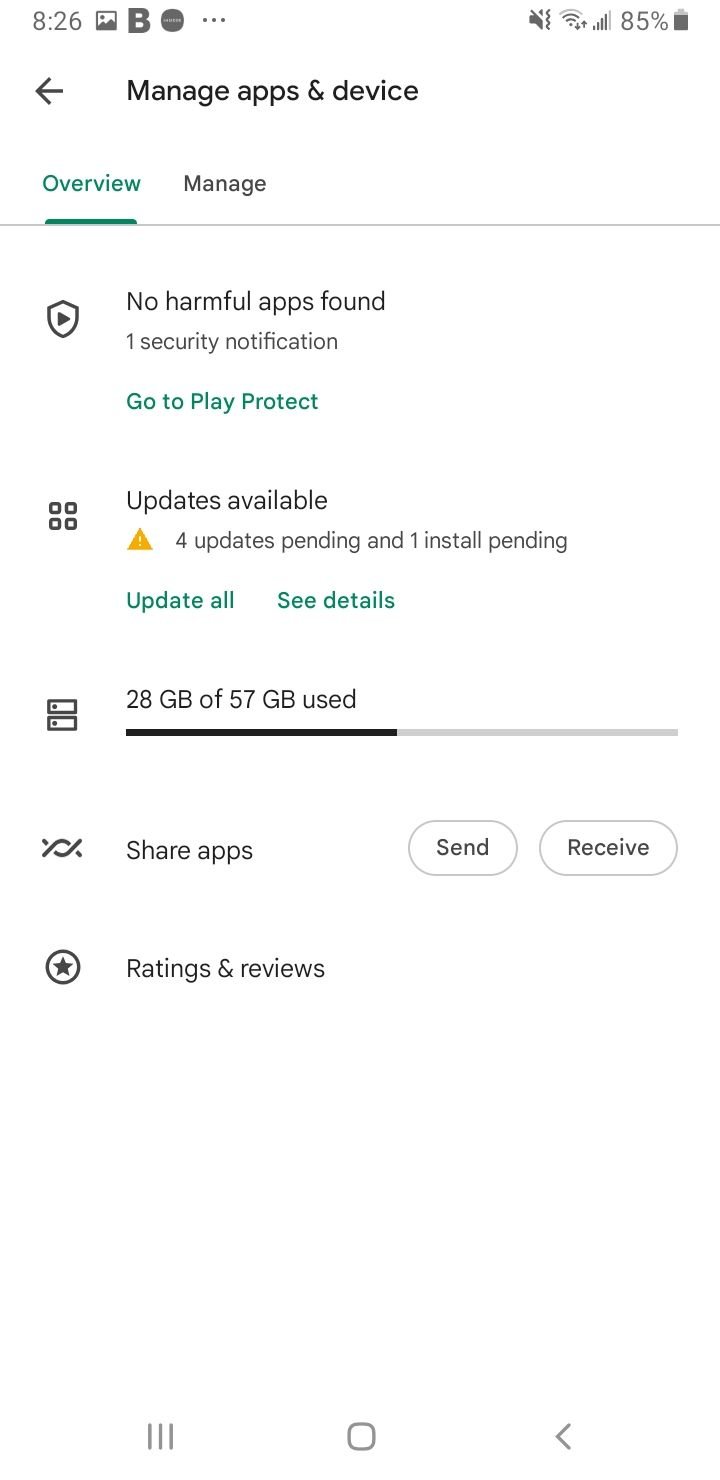
After updating, check if the crashing issue resolves itself.
Clear Storage Space
Free up storage to give apps room to operate properly.
- Uninstall apps you no longer use
- Delete old photos, videos, and downloads
- Use Android's built-in storage cleaner or third-party cleaning apps
- Move files to cloud storage or external devices
Clear App Cache and Data
Corrupted cache files can cause apps to misbehave. Clearing them gives apps a fresh start.
- 1.Go to Settings > Apps
- 2.Select the problematic app
- 3.Tap "Storage"
- 4.Choose "Clear cache" first
- 5.If problems persist, tap "Clear data" (this resets app settings)
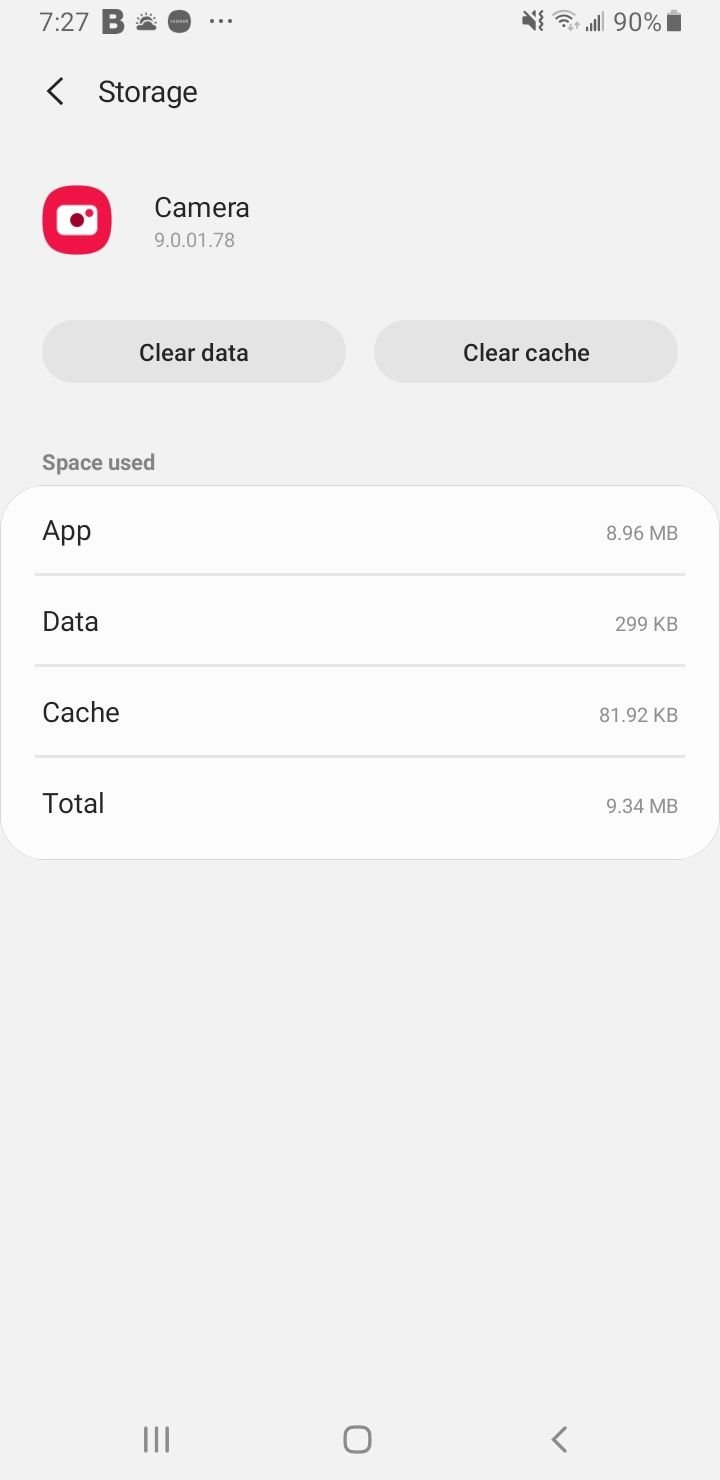
Clearing cache won't delete your personal information, but clearing data will reset the app to its default state.
Check App Permissions
Some apps need specific permissions to function correctly. If permissions are disabled, the app might crash.
- 1.Navigate to Settings > Apps
- 2.Select the problematic app
- 3.Tap "Permissions"
- 4.
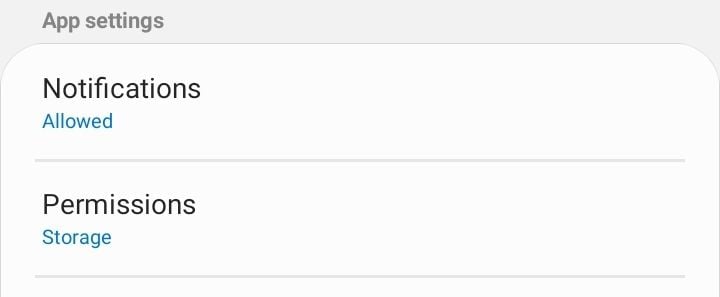 Click to expand
Click to expand - 5.Enable any required permissions that are turned off
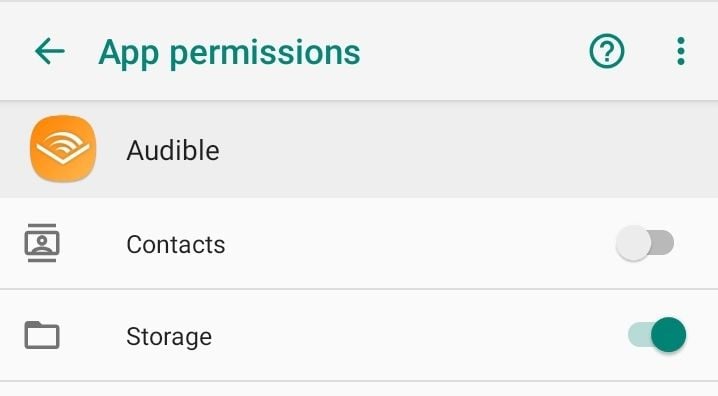
Force Stop and Restart Apps
When an app starts misbehaving, force stopping it can resolve temporary issues.
- 1.Go to Settings > Apps
- 2.Select the problematic app
- 3.Tap "Force stop"
- 4.Relaunch the app
Restart Your Device
A simple restart clears temporary system issues and frees up memory. Press and hold the power button, then select "Restart" or power off and on again.
Additional Tips for Better App Performance
- Match apps to your device capabilities: Don't install resource-heavy apps on older or lower-spec devices
- Monitor background activity: Some apps continue running in the background, consuming resources
- Check app compatibility: Some apps work better on specific Android versions or device models
- Keep Android updated: System updates often include performance improvements and bug fixes
- Avoid suspicious apps: Download only from trusted sources like Google Play Store
By following these solutions, you can significantly reduce app crashes and enjoy a smoother Android experience. Start with the simplest fixes like updating apps and clearing cache, then move to more involved solutions if problems persist.



